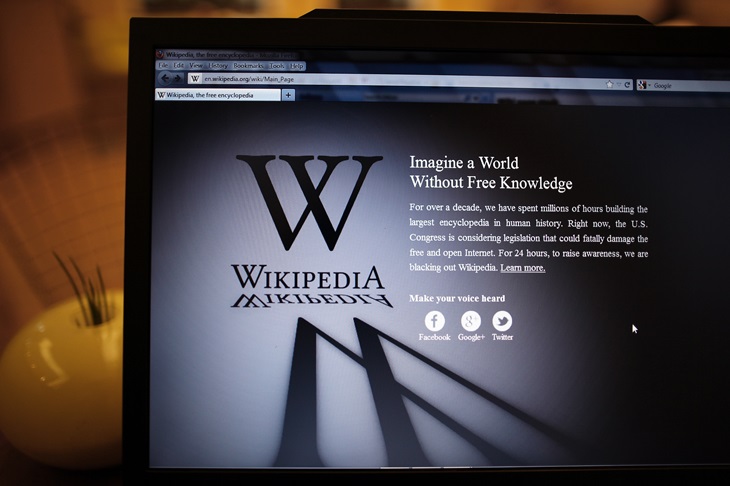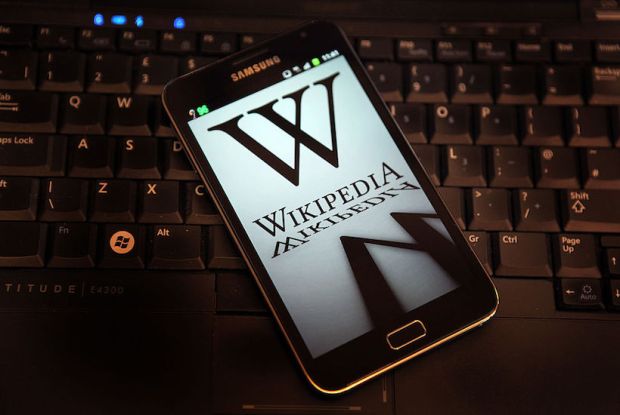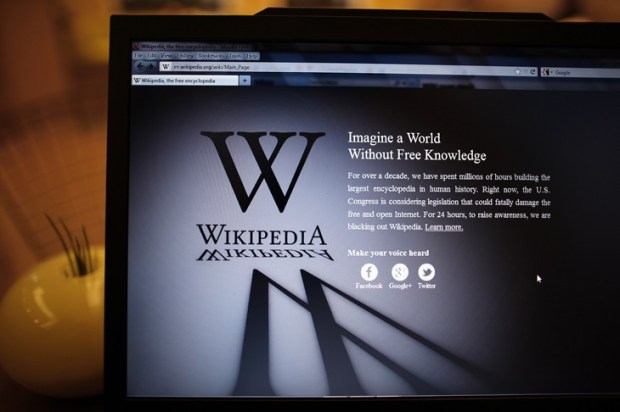Twenty years ago when I attended university, I was told by lecturers in no uncertain terms that Wikipedia should not be used for research because anyone can create and edit content. Critical thinking and well-researched essays were the only way to obtain good marks. A paragraph in an essay required a minimum of two to three different sources, a page required ten sources or more, and one had to include counterarguments and reference widely.
Already a subscriber? Log in
Subscribe for just $2 a week
Try a month of The Spectator Australia absolutely free and without commitment. Not only that but – if you choose to continue – you’ll pay just $2 a week for your first year.
- Unlimited access to spectator.com.au and app
- The weekly edition on the Spectator Australia app
- Spectator podcasts and newsletters
- Full access to spectator.co.uk
Or


























Comments
Don't miss out
Join the conversation with other Spectator Australia readers. Subscribe to leave a comment.
SUBSCRIBEAlready a subscriber? Log in